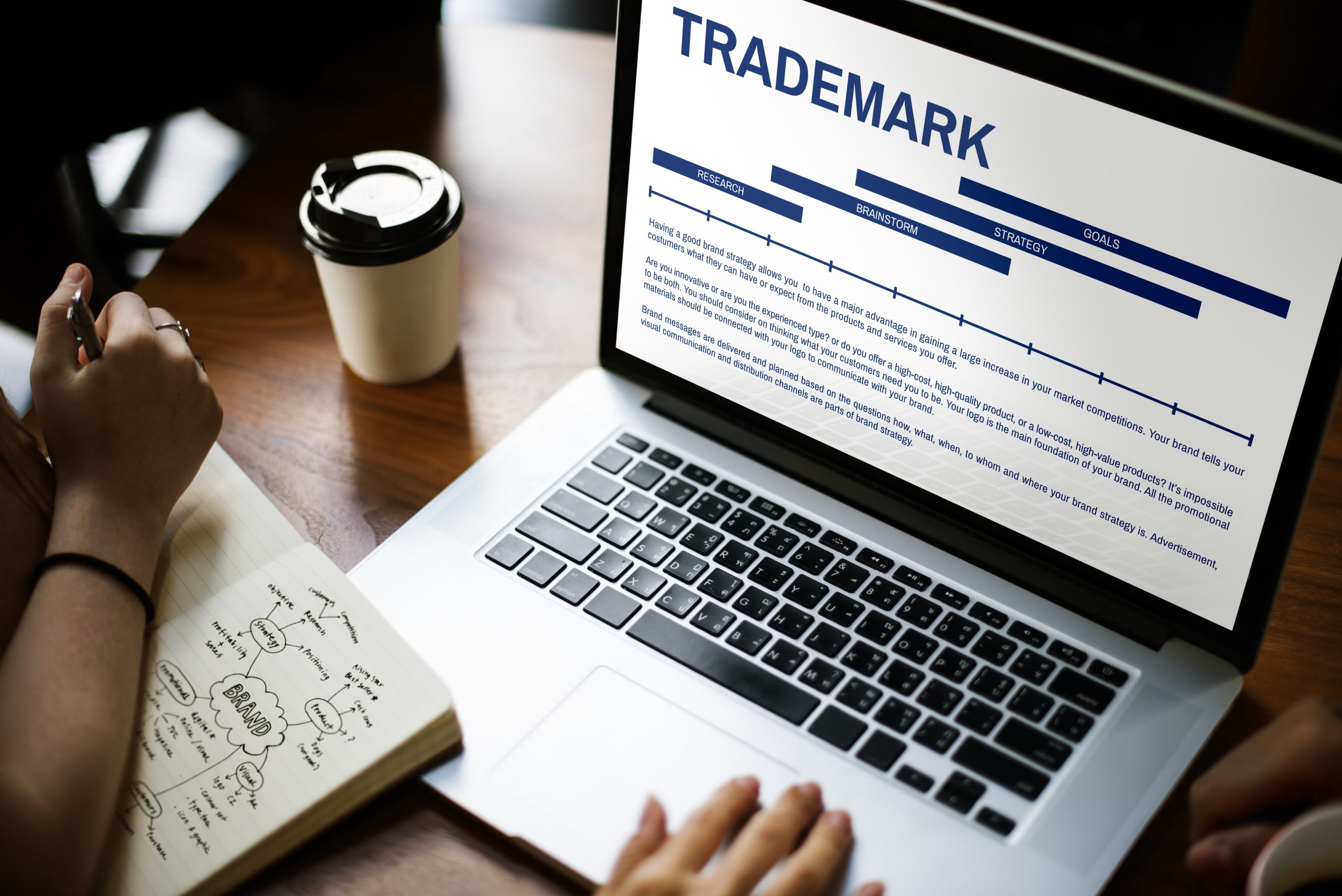Decided on 24.02.2023 in the HIGH COURT OF DELHI
BOLT TECHNOLOGY V. UJOY TECHNOLOGY
CS(COMM) 582/2022 & I.A. 13529/2022
INTRODUCTION
In cases involving trans-border trademark infringement, courts often face a challenging dilemma – to protect the domestic businesses that are working hard to establish themselves in a competitive landscape, or to create a legal environment that safeguards the interests of international entities in intellectual property matters. The present case illustrates this dynamic, as the court opted to favour domestic interests by denying an ad interim injunction against Ujoy Technology Private Ltd.
BRIEF FACTS
BOLT TECHNOLOGY OU, (The Appellant), originally known as Taxify OU, is an Estonian company that started as a ride-hailing service in August 2013. In 2018, it rebranded to BOLT to highlight its commitment to enhancing traveling convenience by offering electric ride sharing and scooter services.
Udyog Technology Private Ltd, (The Respondent), focuses solely on producing electric charging docks. They also adopted the name BOLT in 2018, and officially introduced it to the public in 2020 via social media. They chose the name to convey the idea of fast-charging stations throughout India.
The dispute between the two parties arises from their similar brand names, which could jeopardise their respective goodwill and brand recognition internationally. Furthermore, the Respondent’s use of the name BOLT infringes on the Appellant’s trademark, potentially leading to confusion owing to the similar nature of their business.
APPELLANT’S ARGUMENTS
The Appellants asserted that their app had gained significant traction in India, with over 200,000 downloads and extensive promotion in various cities. They contended that the Respondent’s use of the mark constituted the act of passing off, which could mislead consumers and damage the Appellant’s reputation.
The Appellant also stressed that they had secured registration for their mark in 92 countries, demonstrating their global presence and reputation. They cited media coverage of their product in various newspapers as proof of the considerable goodwill they had built. Drawing on the case of Toyota Jidosha Kabushiki Kaisha v. Prius Auto Industries Ltd. & Ors., they argued that trans-national goodwill and global reputation are vital. They maintained that even they lacked a physical presence in the country where the alleged infringement occurred, it remained essential to acknowledge the value of their brand and goodwill.
Furthermore, the Appellants sought to show that their reputation had reached India via the Internet and global communications, resulting in a spill-over effect. They referenced Laxmikant V. Patel v. Chetan Bhai Shah to support their claim that even an innocent registration of a similar mark that could cause confusion, and warranted an injunction to prevent misunderstanding.
RESPONDENT’S ARGUMENTS
Both parties challenged the order of their product’s adoption and usage in India, as well as the size of their separate customer bases, throughout the court case. Although both parties had installed charging docks or stations, it was noted that the Respondents offered a greater variety of publicly accessible charging networks while the Appellants limited their use to their own electric scooters and appliances. In 2018, the trademark BOLT was registered by both parties, with the responders asserting that they were the pioneers in India when it came to charging docks and stations.
The Appellants’ limited presence and consumer base were highlighted by arguing that newspaper articles and app download statistics were irrelevant, highlighting their restricted deployment of branded electric chargers in India. On the other hand, the Respondents’ charging network and customer base were noticeably larger. As a result, it was claimed that the Appellants’ customer base was not significantly impacted by the Respondents’ use of the name BOLT.
To evaluate substantial goodwill, the court referred to the case of Starbucks (HK) Ltd. v. British Sky Broadcasting Group Plc. & Ors. It was established that the reputation of a business in a specific area should only be protected if it already holds a strong reputation. Furthermore, the court aimed to avoid granting excessive monopolistic control over a trademark, regardless of any intention to enter the market.
JUDGEMENT
The Court addressed the trademark dispute by examining the rollout of EV charging stations by both the Respondents and the Appellants. The evidence presented by each party regarding the use and promotion of the BOLT mark in connection with their services was deemed crucial for demonstrating a significant and recognised presence in India. The Court concluded that the Appellants’ presence did not lead to a trans-border spill-over or recognition of their brand in India, and they failed to provide sufficient evidence of a well-established and recognised presence in the country.
The Court, citing the judgement of Toyota Jidosha Kabushiki Kaisha v. Prius Auto Industries Ltd. & Ors (supra), held that foreign companies with no intention to enter the Indian market should not be permitted to stifle the spirit of Indian businesses by abusing trademark protection. The Appellant’s application was denied by the court, which cited a lack of market exposure as one of the reasons. The Court upheld the decision of the first judge.
CONCLUSION
The Court’s decision favouring Ujoy Technology Private Ltd. stressed the importance of building significant presence and brand recognition in India to qualify for trademark protection. The present judgment however raises eyebrows among international businesses regarding the applicability of territorial principles and the spill-over of the brand image. In light of protecting India’s intellectual property protection mechanism, it is vital to reconsider the present judgment and analyse the impact of the same.

Leave a Reply